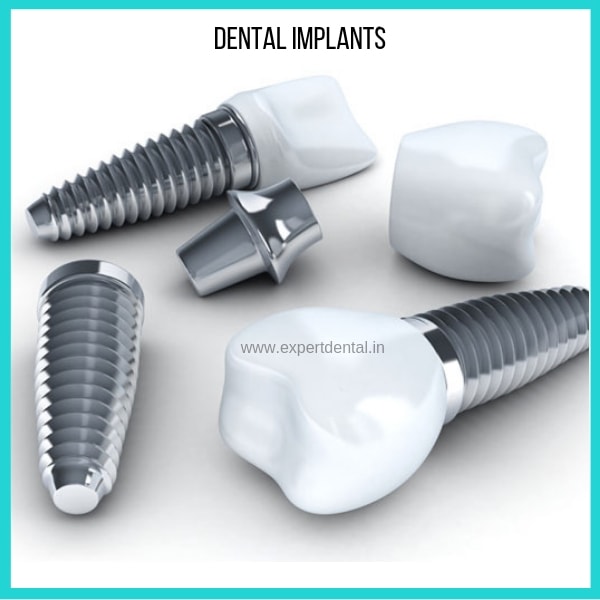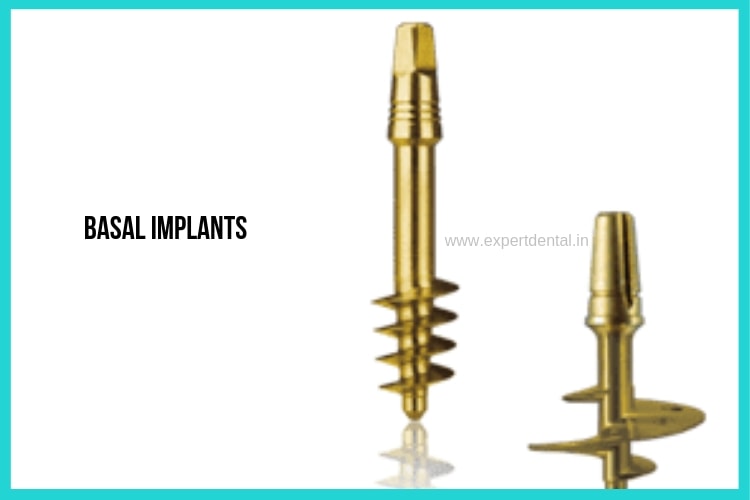
The General Steps Involved in Dental Implants
- Generally, a dental implant would take up a time frame of three to nine months. This time frame is due to the healing process which would differ from patient to patient.
- There are a total of two stages in the Dental Implants.
- The first stage involves a surgery at the dentist office where the dentist fixes the metal (titanium) screw into the jawbone. The metal screw cannot be seen since it is inside the jawbone.
- Post this surgery, the healing is allowed to take place. The bone needs to grow surrounding the implant. This is termed as Osseointegration.
- The entire healing can take any time between three to six months.
- Once the surrounding gum near the implant has also healed, the dentist proceeds to perform the second stage.
- The second stage involves placing the abutment above the screw and mounting a crown that matches the tooth color atop the abutment. After this, the teeth look natural and aesthetic.
Single-stage Dental Implant
The single stage dental implant is fast replacing the traditional two-stage dental implants. A dentist, however, will recommend the single-stage only under the following conditions which can be ascertained by the dentist.
- The bone quality should be good and the jaw bone length in the missing tooth area has to be sufficient.
- Sufficient gum tissue needs to be present for proper suturing
- Adequate healthy teeth need to be present so that the other teeth provide support while the implant heals.
In the single-stage, you will require only a single sitting to place implants and the abutment. Above all the primary stability which the dentist inspects after the placement of implants should be satisfactory.
The abutment is the connecting link between the implant and the crown that takes on the function of the natural tooth. If the dentist ascertains good primary stability, then the dentist would proceed to provide a crown (cap) in the next sitting (after 2 days)
Advantages of Single-stage Dental Implant
- The treatment time is almost reduced to half
- The number of sittings is also reduced to half
Benefits of Dental Implants
- Dental implants don’t disturb the neighboring teeth. Unlike in conventional bridges and dentures, dental implants do not require preparation of the adjacent teeth to hold the new implant.
- The components generally fix directly on to the jaw bones. This makes them more stable and strong and does not slip or shift inside the mouth.
- The perfect natural look the implants give to the oral area makes the patient comfortable and confident.
- They help restore original facial features.
Post Surgical Care
- Generally, after getting Dental Implants, meticulous oral hygiene is a necessity.
- Take care to properly brush as well as to floss your teeth regularly.
- Rinse your oral area with a mouthwash after brushing or flossing your teeth.
- Visit your dentist regularly between the two stages of the operative procedure. After the surgery is completely over the dental visit is mandatory. The dentist will inform you of the frequency of your upcoming visits.
Dental Implants in Different Scenarios
Single Tooth Missing
In this condition, only one tooth is missing. The tooth is missing either because it has fallen down due to any trauma or injury. Or it has been extracted completely due to irreversible tooth decay where it could not be salvaged.
Many or Multiple Teeth Missing
This is a condition where more than 1 teeth are missing. The missing teeth can be adjoining or they can be completely different sets. If the missing teeth are adjacent three teeth, then an implant supported bridge is used. If the missing teeth are non-adjacent, most probably single implants are used.
All Teeth Missing
This condition is when all the teeth are missing. The options that can address edentulous patients are All-on-four dental implants, All-on-six dental implants, and Implant-supported Overdentures. Sometimes the patients might have many teeth missing but few teeth that are remaining are failing teeth and cannot be salvaged. For such patients too, the following options can be given.
Basal Implants


